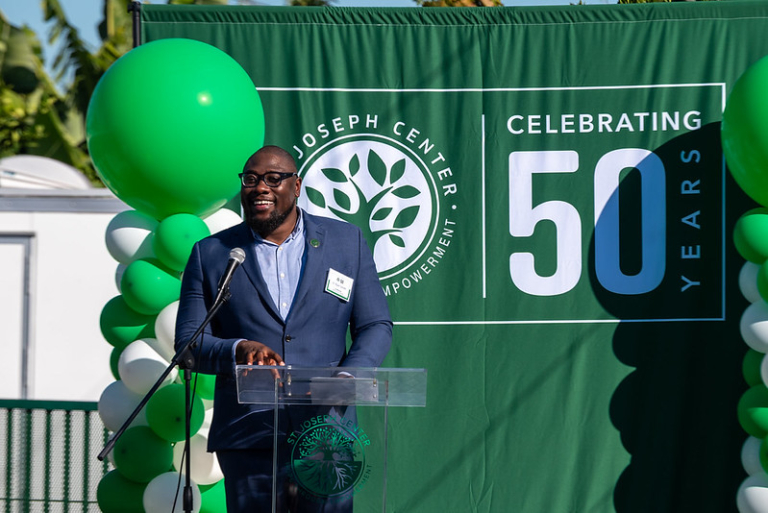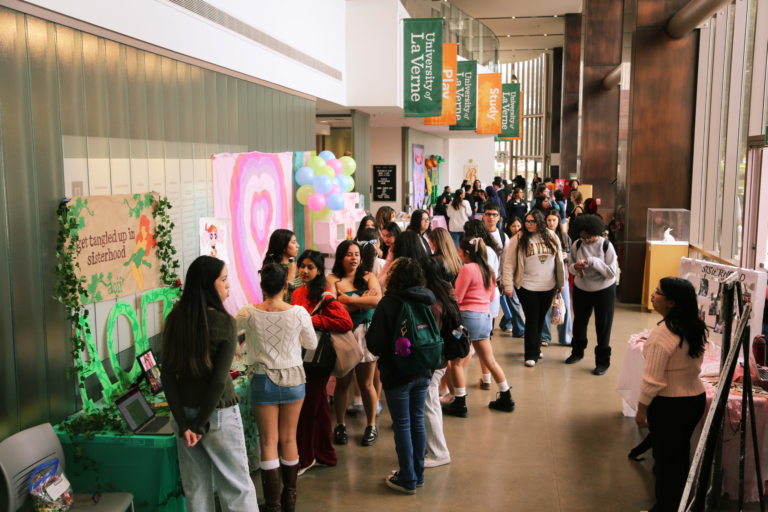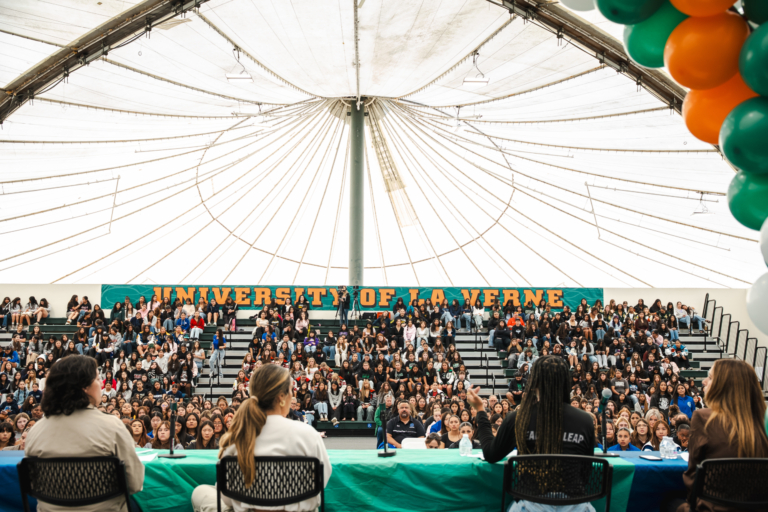Debate Team Holds Practices in Minecraft, Gets Tapped to Host Global Online Tournament
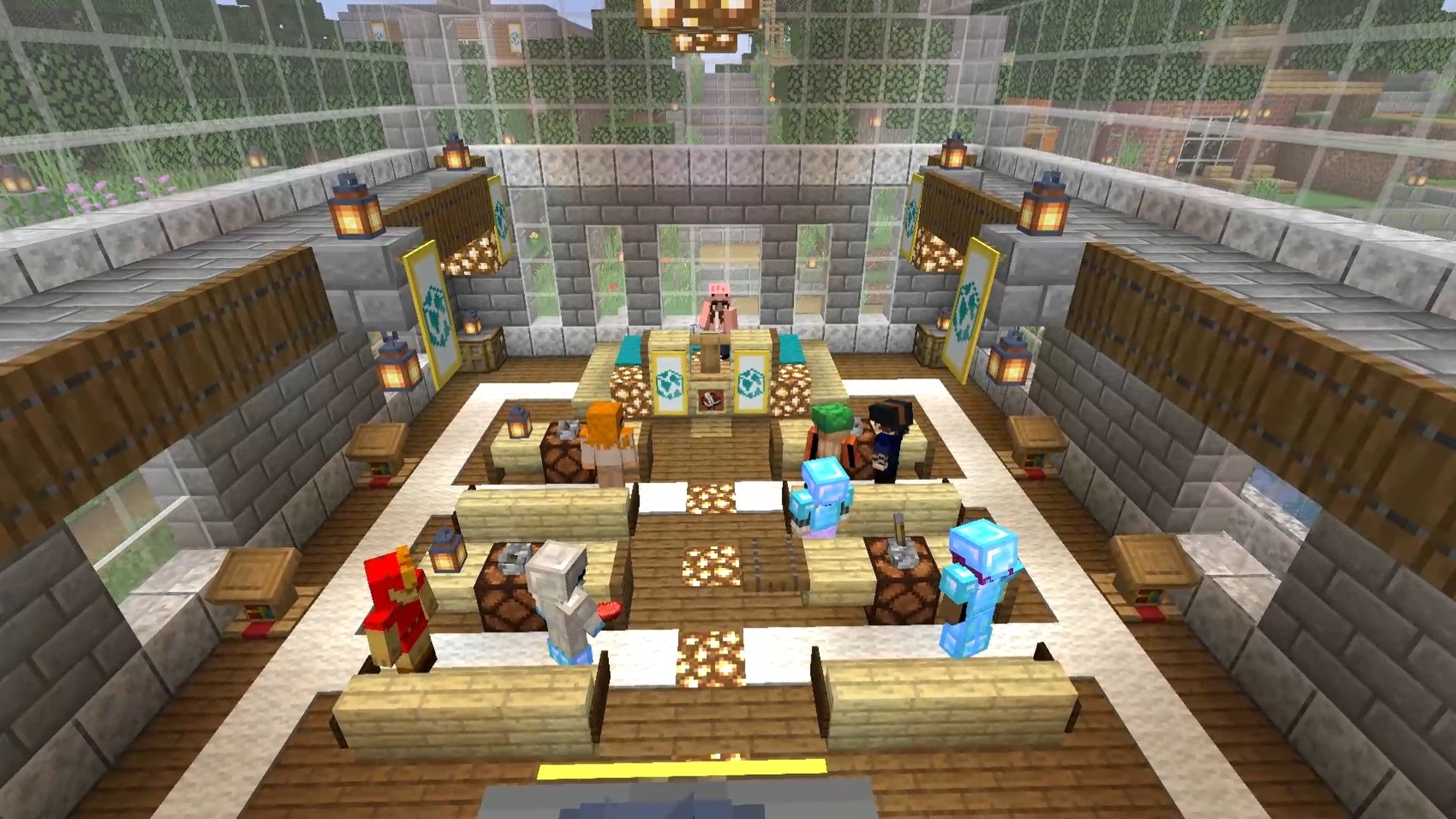
The University of La Verne Debate Team will host a tournament this weekend that is unlike any other it has organized before.
The award-winning team is organizing what Forensics Director Rob Ruiz called the first all-British Parliamentary online debate tournament in the United States. University debate teams from across the United States and some from outside the country will participate in the tournament on May 2 and 3.
The Battle of the Bandwidth tournament will be a fundraiser benefitting an organization of the winning team’s choice that works to address needs associated with COVID-19.
Ruiz said debate coaches from around the country have been encouraging him to organize an online tournament because teams cannot compete face-to-face due to the coronavirus pandemic.
“I finally caved in and said, ‘I can do it,’” Ruiz said.
Alumni have stepped in to assist with technical aspects of the event, Ruiz said. Some are helping develop motions for the debate while others are helping with fundraising and financial contributions.
The event has drawn top judges, including some who will participate from as far as Asia, Australia, and the United Kingdom.
Kacee Jones, a senior majoring in political science and philosophy, said the team is excited to have the chance to host such an event.
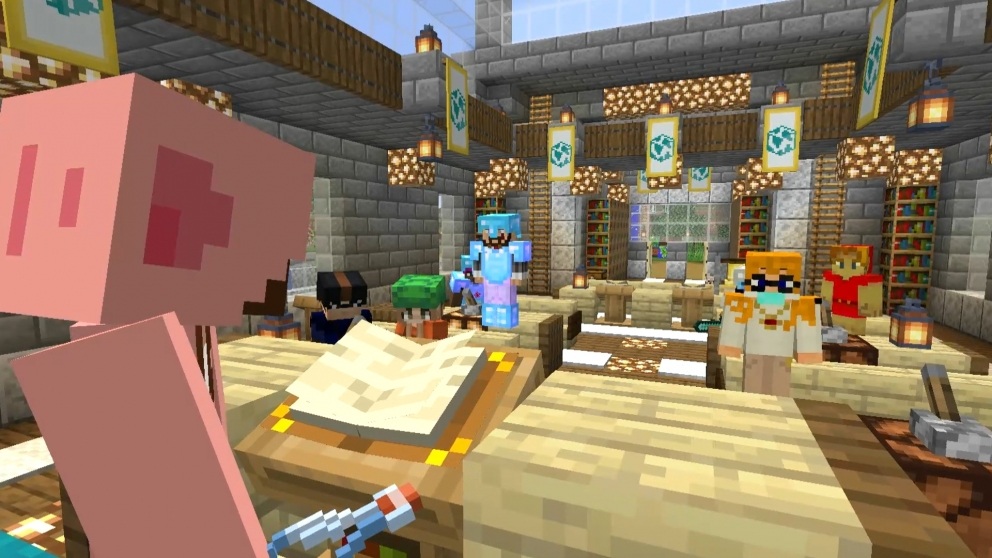
“We get the opportunity to be a part of this new world,” said Jones, a co-captain of the debate team.
Generally, debaters take on weighty subjects during competitions. Motions can include subjects ranging from educational issues to international events and are almost always inspired by the news of the day, Ruiz said.
However, the topic that currently has the attention of people around the globe is the coronavirus pandemic. Students have been on top of the topic, too, Ruiz said, but they could use a break from it.
So, the tournament’s focus will be a lighter subject – pop culture.
“All motions are going to be fun,” Ruiz said, adding that by no means will teams leave their debate skills at the virtual door.
The pop culture theme will require debaters develop well thought out arguments just as they would if the motion involved an international issue, Ruiz said.
Organizing such a virtual tournament is right up the team’s alley.
Team members have received attention from other colleges and universities for their use of the videogame Minecraft as a tool to practice and to remain in contact when they can’t physically be in the same room.
The team began meeting to play the game before the COVID-19 pandemic was declared.
At first, the game was just something to do as group, said debate team member Christian Nuñez, a senior English major, but it quickly evolved into much more as team members realized they could use the game to build a virtual debate hall.
By spring break, when many people began working from home, debate students were well into a large-scale virtual construction project.
“The little room is now a big extravagant building,” said Nuñez, one of the builders.
The game, which has been around since about 2009, has been called a virtual LEGO through which players can build their own online worlds. Many of the students on the debate team played the game as children.
Within the debate hall, students created a furniture arrangement reflective of what they would have in a tournament.
Minecraft does not have a chat component, so the team uses another platform that allows members to talk over the internet.
Students have also created characters that reflect their personalities – down to their vegan nutritional practices in some cases – for the game.
What debate team members now have is “the closest thing to being close to each other responsibly,” Nuñez said.
Students continue to meet in Minecraft for debate practice at the same time they are deep into the details of planning the upcoming online debate tournament. Although students use Minecraft for practice, this weekend’s tournament will be conducted on a different platform.
Hosting an online tournament is a complex project, Ruiz said, particularly when it involves multiple time zones. Coordination is key to getting participants together at the right time, he said.
Like other tournaments, the first day of the event, May 2, will involve multiple preliminary rounds.
May 3 will be devoted to the semi-final and final rounds and will be broadcast using YouTube Live, Ruiz said.
Viewers can find a tournament schedule by visiting www.facebook.com/BattleoftheBandwidth/ .
The tournament will also stream on the team’s Facebook page at www.facebook.com/LaVerneDebate.
